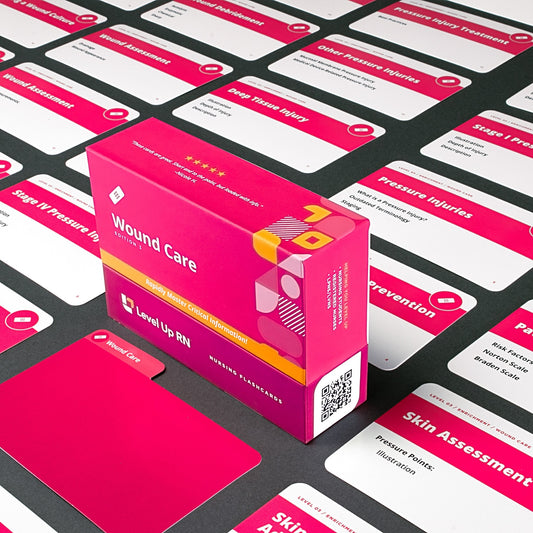Webinar: How to Stop Incivility & Bullying on a Nursing Unit
Updated:
We hosted a webinar on Incivility & Bullying on September 19, 2021. Lacy Hager MSN, Ed., RN, R.T.(R)(MR) presented real-world, helpful information on how to stop incivility and bullying on a nursing unit.



4 comments
Even afther being a LPN for 20 years, I have still been affected by bullying behaviors of co workers. Even calling them out didn’t help because the bullying was an accepted behavior. More needs to be done about nurses abusing nurses. We are here to care for people not demean our coworkers.
I appreciate the attempts to deal with the situation of bullying however the second scenarios are very unrealistic. No one ever apologizes. Calling them out only makes them worse.
Hello! I am very interested in attending but I have a wedding to be at that evening. Will there be a recording? Either way, thank you for doing this and all that you do!
-Lisa
I’m so glad you are addressing this problem head on. I didn’t know anything about this problem before going to nursing school. i have experienced this pretty bad when I got to my preceptorship. When I spoke up about it I was dismissed from my nursing program. It is a major widespread systemic issue.